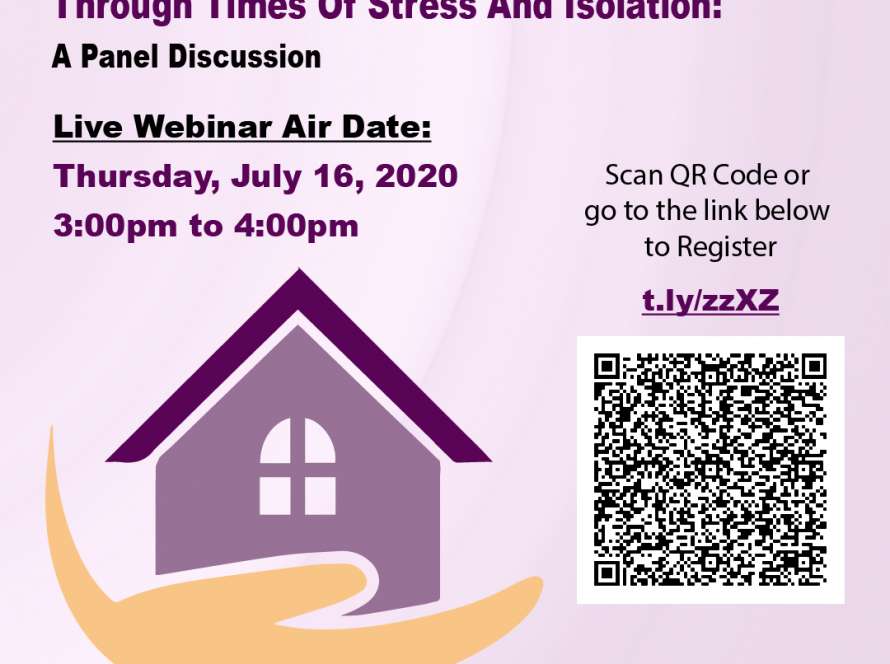Unanticipated charges can add thousands to what patients pay for health care
Individuals would be protected from getting hit with unexpected out-of-pocket charges for medical care, even though they have health insurance, under provisions included in year-end congressional legislation that also provides COVID-19 relief and measures to fund the federal government through most of 2021. President Trump has yet to sign the bill into law.
The surprise bill provisions are due to take effect in 2022.
Many Americans learn that having health insurance doesn’t always protect them from huge medical bills after they getting the care they need. These surprise fees usually stem from “balance billing,” a practice that happens when someone gets health care provider that doesn’t belong to the patient’s insurance network. While most insurance compensates some out-of-network charges, consumers are often asked to pay the difference between what the provider is billed for and how much was reimbursed by the insurance company. Most often, the individual doesn’t know that they were receiving care from an out-of-network provider, especially in the case of medical care in an emergency and are rushed to a hospital that’s not part of their insurance plan’s network.
Under a bipartisan agreement included in the larger COVID-19 relief and federal spending bill, patients who get care in an emergency room will be billed the in-network rate for that care, whether or not they are treated at an in-network facility.
Patients would also be “held harmless” in certain non-emergency situations in which they get care from an out-of-network provider. For example, if the patient- goes to a hospital and doesn’t have a choice regarding who gives them anesthesia, the pathologist who processes their lab work or the radiologist who reads their X-ray or other diagnostic test, cannot be balanced billed because someone turns out to be an out-of-network provider. One exception to this provision would be if the provider notifies a patient, 72 hours before providing the care, that the provider is out of the patient’s network and the patient consents to such care along with the extra charges that come along.
The legislation also provides for an independent arbitrator to settle any payment disputes between providers and insurers if the two cannot settle through negotiation. But it explicitly says that the patient won’t be a party regarding to that dispute.
It’s also not infrequent for doctors and other providers to drop their connection in an insurance company’s network. Under this legislation, if a patient’s provider leaves the insurance network, the patient can still continue to see said doctor and pay in-network rates for 90 days in the meanwhile looking for another provider.
For more information: Click Here
References:
Bunis, Dena, AARP 2020, accessed 11 January 2021, < https://www.aarp.org/politics-society/advocacy/info-2020/congress-surprise-medical-bills.html >




